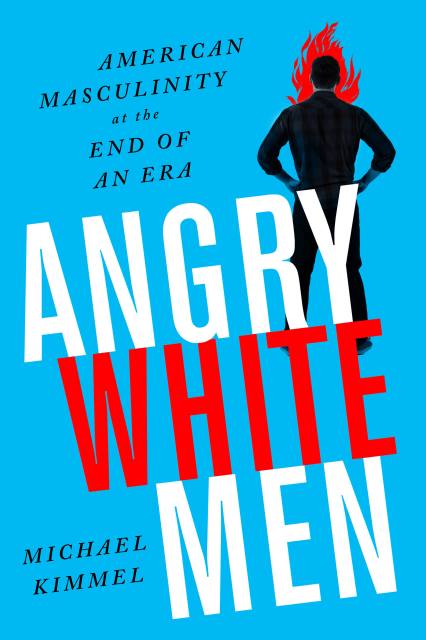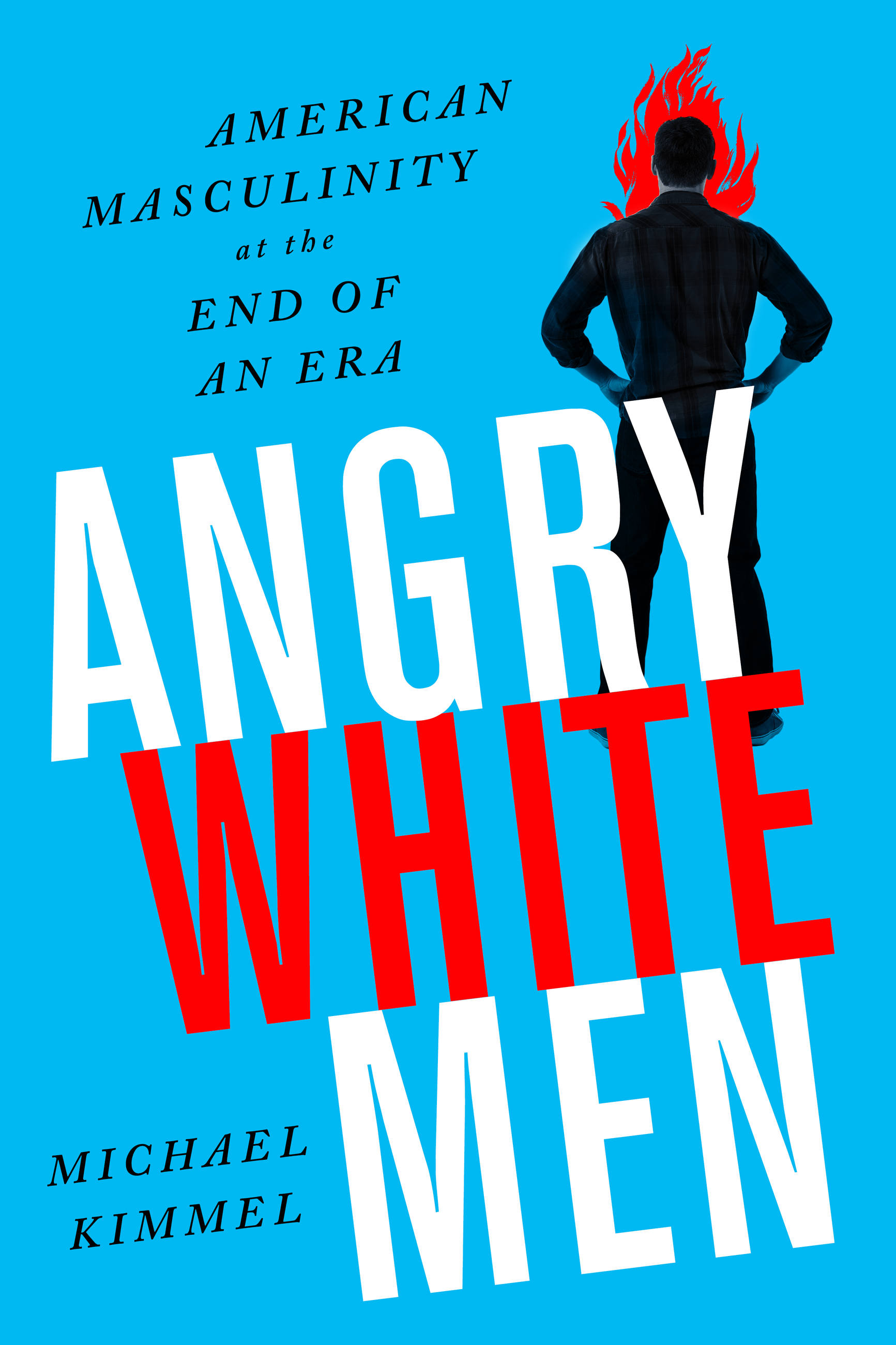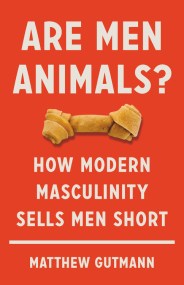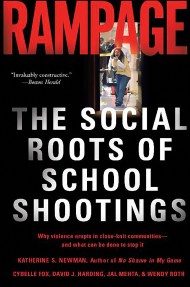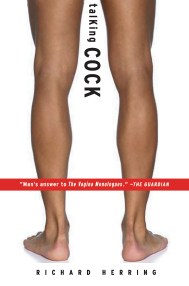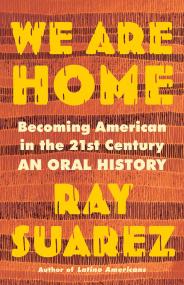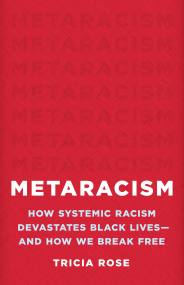Promotion
Use code MOM24 for 20% off site wide + free shipping over $45
Angry White Men
American Masculinity at the End of an Era
Contributors
Formats and Prices
Price
$12.99Price
$16.99 CADFormat
Format:
- ebook $12.99 $16.99 CAD
- Trade Paperback $19.99 $25.99 CAD
This item is a preorder. Your payment method will be charged immediately, and the product is expected to ship on or around April 25, 2017. This date is subject to change due to shipping delays beyond our control.
Also available from:
Kimmel locates this increase in anger in the seismic economic, social and political shifts that have so transformed the American landscape. Downward mobility, increased racial and gender equality, and a tenacious clinging to an anachronistic ideology of masculinity has left many men feeling betrayed and bewildered. Raised to expect unparalleled social and economic privilege, white men are suffering today from what Kimmel calls “aggrieved entitlement”: a sense that those benefits that white men believed were their due have been snatched away from them.
Angry White Men discusses, among others, the sons of small town America, scarred by underemployment and wage stagnation. When America’s white men feel they’ve lived their lives the ‘right’ way – worked hard and stayed out of trouble – and still do not get economic rewards, then they have to blame somebody else. Even more terrifying is the phenomenon of angry young boys. School shootings in the United States are not just the work of “misguided youth” or “troubled teens” — they’re all committed by boys. These alienated young men are transformed into mass murderers by a sense that using violence against others is their right.
The election of Donald Trump proved that angry white men can still change the course of history. Here, Kimmel argues that they should walk openly and honorably alongside those they’ve spent so long trying to exclude, in order to be happier and healthier.
Genre:
- On Sale
- Apr 25, 2017
- Page Count
- 352 pages
- Publisher
- Bold Type Books
- ISBN-13
- 9781568589626
Newsletter Signup
By clicking ‘Sign Up,’ I acknowledge that I have read and agree to Hachette Book Group’s Privacy Policy and Terms of Use
